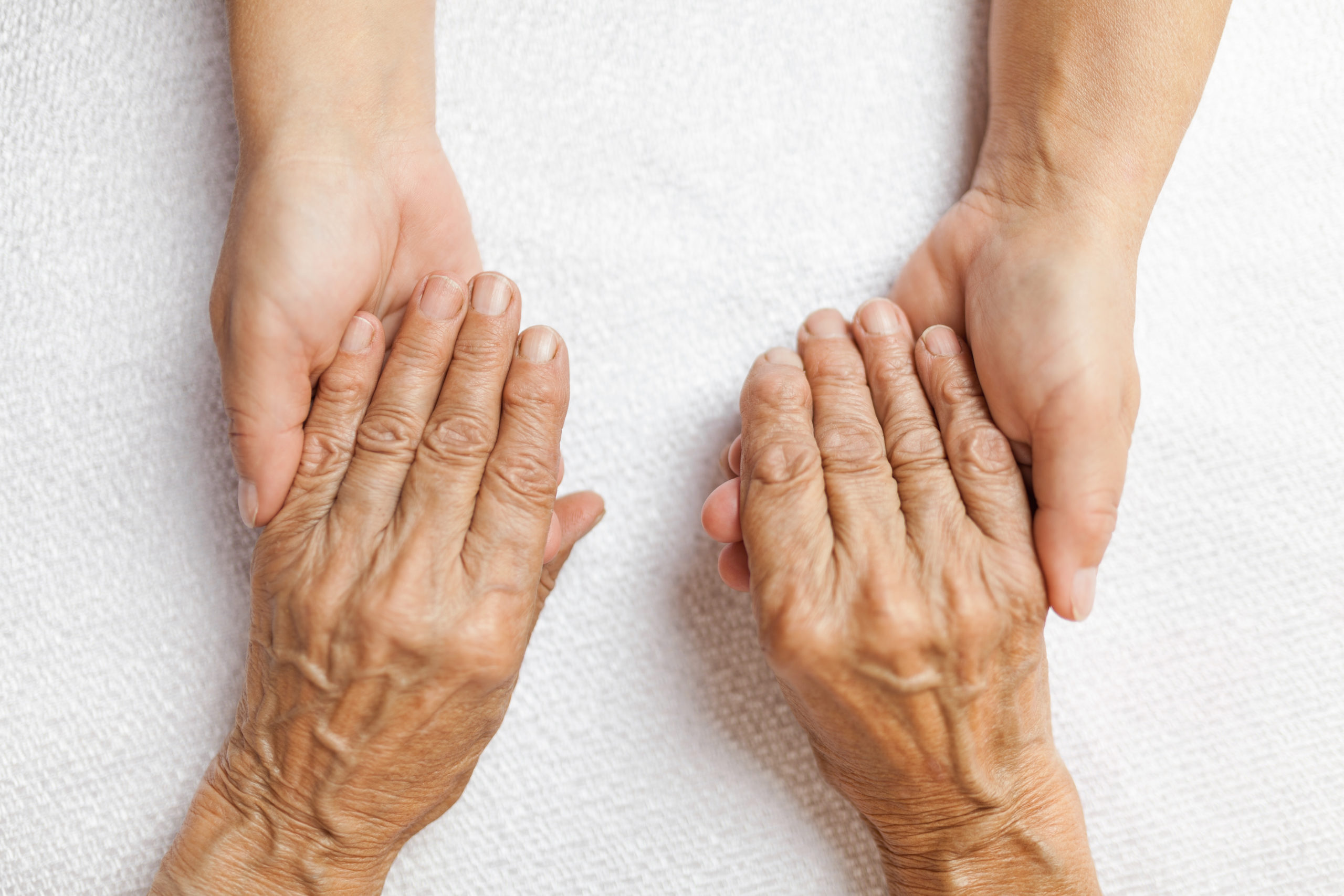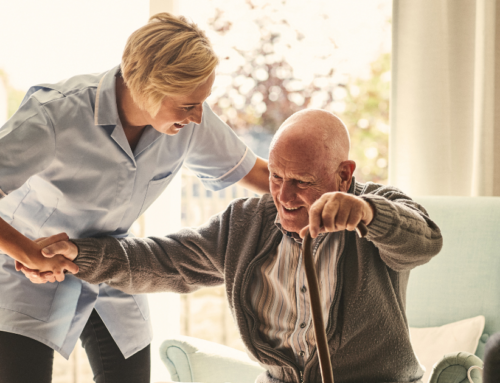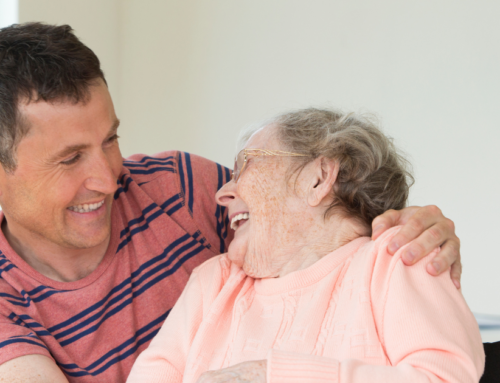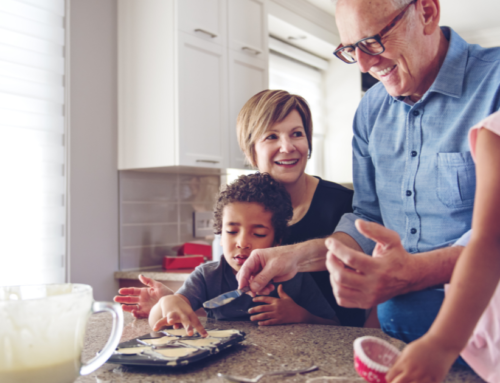How we can address a health & safety issue with compassion
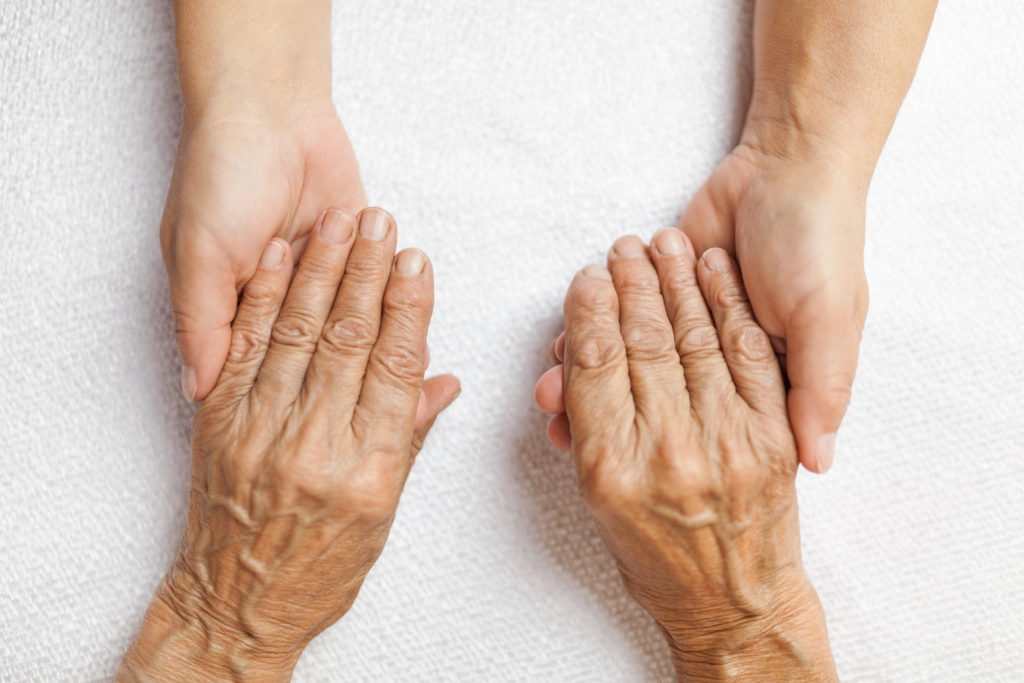
When COVID-19 reached community spread in the United States, I knew right away that New Wave Home Care would face some challenges as we continued to provide elderly care. Like other essential businesses, we worked through “shelter in place” orders to ensure that our clients received the care they need, with the knowledge that our caregivers were putting themselves on the line to do so.
Even after taking heightened precautions against the spread of the virus, continuing to conduct our caregiving services ultimately includes some level of risk. While we managed to keep every single client and staff member unexposed to COVID-19 for the first few months of the pandemic, we experienced our first positive test amongst a staff member last week. Luckily, the caregiver was asymptomatic which means that she faced no threat to her own health. Of course, we still had to jump to action so as not to spread the virus to anyone else in the New Wave Home Care network.
Insufficient Standard Protocols
After the positive test, I immediately referred to other caregiving experts to discern the standard protocols I should take as an employer in order to properly support this caregiver. Everyone had the same response: when employees test positive, they should quarantine at home for two weeks. Most employers also expressed the sentiment that because their staff fully understands the risk involved in working right now, they are not responsible for providing any extra support for their employees should they contract COVID-19.
As a business owner, I understood the logic of these rationalizations. But faced with this new challenge, I struggled to accept the “status quo” response as the best way to help the caregiver that had tested positive. I knew that she lived with her three children under the age of ten, her aunt, and her grandfather. On top of living with at-risk individuals, they all shared a small one-bedroom apartment and a single bathroom. In a two week “quarantine”, my employee would not be able to isolate herself to a confined area. Sending her home meant almost certainly forcing her to spread the virus to her family.
A Radical Response
With the reality of my employee’s homelife weighing heavily on the situation, I decided to do something radical. Instead of sending her home for two weeks, I booked a two-week stay for her at a local motel.
Many business owners, big and small, might scoff at the idea of spending money from their own pocket to help support an employee in this way. I also understand that not every employer can offer this sort of support. Realistically, even I would not be able to continue paying for motel bills were this issue to occur amongst a vast number of my staff.
However, though my approach was perhaps not the most cost-effective solution, it was the most compassionate solution. As a provider of elderly care, I have dedicated myself to providing heartfelt and human-based solutions for my clients. How could I expect my caregivers to treat our clients with kindness if I cannot extend basic kindness to their employment? I would be remiss to not offer the same level of support to my staff.
I believe that working in the caregiving industry requires me to approach health and safety issues with compassion. Right now, this means facing each challenge throughout the COVID-19 crisis head-on, and continuing to consider the uniqueness of each person’s circumstances.
The Faces of the Pandemic
What I understand now is that throughout this pandemic, it is easy to group people into statistics. My caregiver might be seen on paper as just another positive test. But behind that positive test is a face, someone that I know and care for, who also has a family and story of her own.
Seeing the faces of the COVID-19 crisis reminds us to act with compassion. Hearing some of the stories of those that have been affected by the virus can help to understand that we cannot always approach every positive test with a generalized response. Although standard protocols are an important way to remain precautious right now, we also need to practice empathy in order to wade through this crisis together.
Due to the inherently unpredictable nature of this virus, I am unsure of any other possible challenges that might arise in the future. What I do know is that throughout these difficult times, New Wave Home Care will continue to practice its philosophy providing care on the basis of compassion. Of course, this extends to providing thoughtful support for our staff as well.
Sam Gopinathan, BE, MBA
(Owner & CEO, New Wave Home Care)
